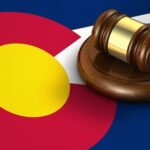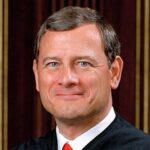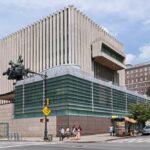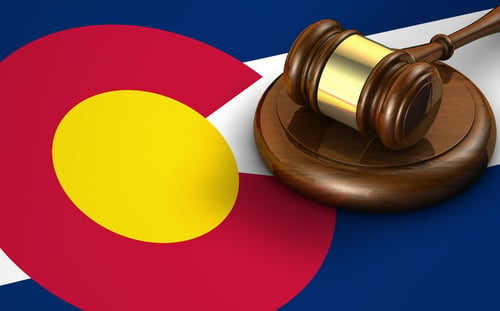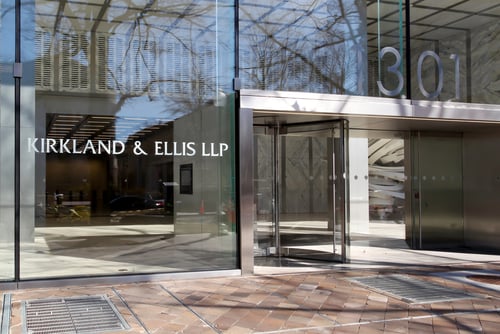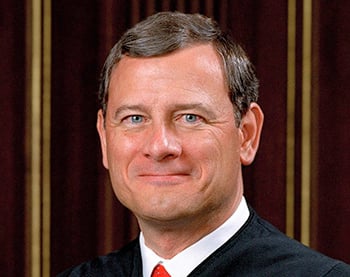Judiciary
2 federal judges who boycotted Columbia law grads didn’t commit misconduct, review panel says
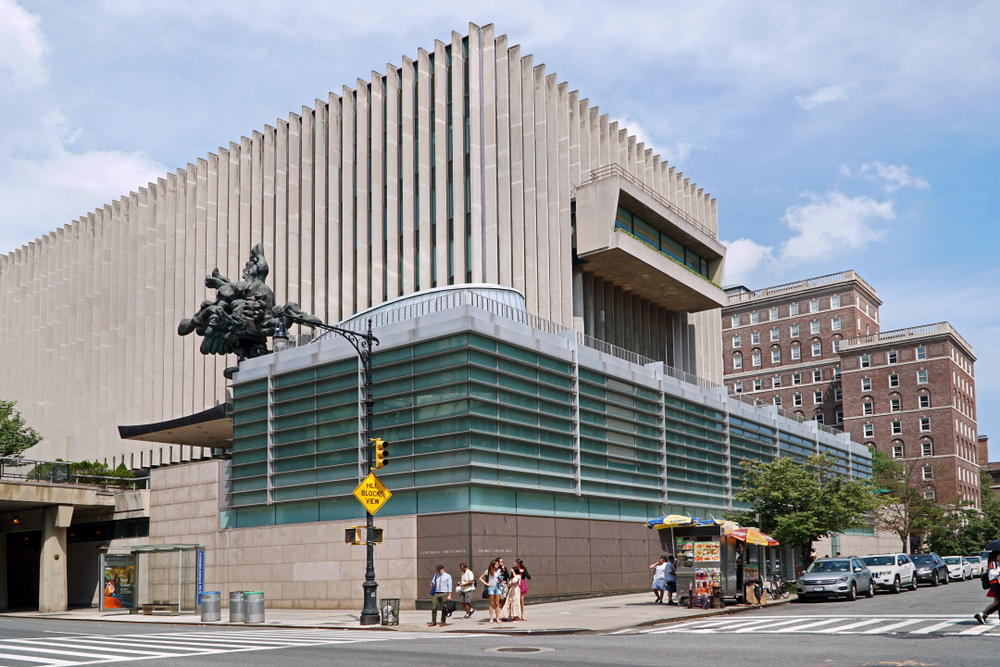
Two federal judges who said they wouldn’t hire future law grads from Columbia University did not commit misconduct, according to a review panel of the 11th U.S. Circuit Court of Appeals at Atlanta’s judicial council. (Photo from Shutterstock)
Two federal judges who said they wouldn’t hire future law grads from Columbia University did not commit misconduct, according to a review panel of the 11th U.S. Circuit Court of Appeals at Atlanta’s judicial council.
The review panel appeared to be referring to U.S. Circuit Judge Elizabeth Branch and U.S. District Judge Tilman E. Self III of the Middle District of Georgia, the only judges who signed a letter announcing the boycott within the 11th Circuit.
Law360, Reuters and Bloomberg Law covered the Aug. 12 order released last week.
Branch and Self were among 13 federal judges who signed the letter pledging not to hire future Columbia grads for clerkships because of the school’s handling of campus disruptions. All 13 judges were appointees of former President Donald Trump.
The judges’ May 2024 letter deemed Columbia to be “an incubator of bigotry” and said the university should embrace viewpoint diversity and impose serious consequences for students and faculty who participate in campus disruptions and violate university rules.
The no-misconduct finding follows an August 2024 decision drawing the same conclusion by a review panel of the 5th Circuit at New Orleans’ judicial council. The 5th Circuit review panel found no ethics violations by eight federal judges within the 5th Circuit, including, apparently, Circuit Judge James C. Ho.
The 11th Circuit review panel affirmed a decision by the 11th Circuit Chief Judge William H. Pryor Jr. The order included Pryor’s June 2024 decision dismissing the complaint.
There is no basis for a finding of misconduct, Pryor had said.
“Federal judges routinely hire law clerks and must consider applicants’ educational backgrounds in determining whether an applicant is qualified for and will succeed in the job. As part of that consideration, judges are permitted to make reasonable conclusions regarding the value and quality of a school’s educational program,” he wrote.
A person who filed a complaint against the judges with the 11th Circuit said there is every reason to think that judges who are willing to punish a university and its graduates “will skew their judicial rulings in a similar manner.”
“It is no stretch of the imagination,” the complainant wrote, to conceive that the judges will “attempt to discern the political views of the parties and counsel before them and discriminate and retaliate against them.”
The complainant also called for an investigation into whether “outside organizations or foreign governments” orchestrated the judges’ letter.
Pryor responded that that the complainant’s claims lack sufficient evidence, including insufficient evidence to show that the judges “treated or will treat individuals in a demonstrably egregious and hostile manner.”
#federal #judges #boycotted #Columbia #law #grads #didnt #commit #misconduct #review #panel
